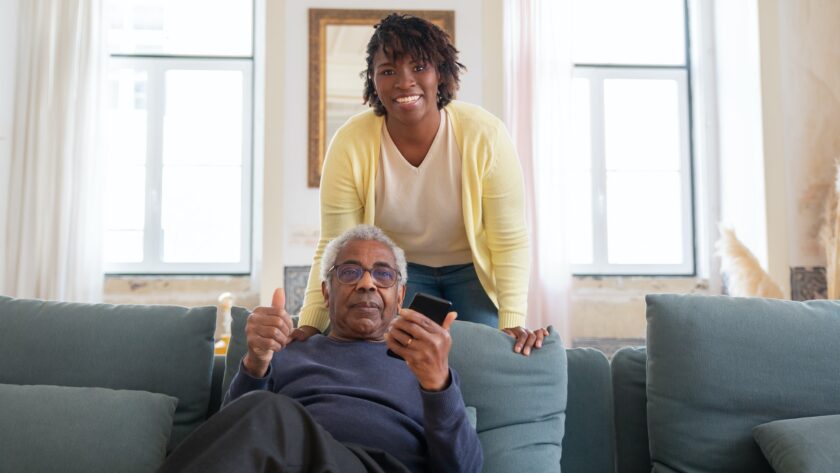Unfortunately, it’s possible that your elderly loved one could be suffering from some form of abuse while living in a residential care home, no matter how thoroughly you vetted the facility beforehand. It’s absolutely essential that you take the opportunity to look out for signs of abuse that could suggest your elderly relative isn’t being cared for or respected, especially if they are not in a position to make the abuse known themselves.
Thankfully this guide contains some key signs that you can look out for that might suggest foul play. If you ever spot any of these signs, take appropriate action immediately to understand how and why it happened.
Weight Loss
If your elderly relative moves into a residential care home and loses a considerable amount of weight in a short period of time, then this should cause alarm bells to ring. It’s so vital that your loved one is eating regular meals, and it’s the responsibility of their careers to ensure that this is taking place. Dramatic weight loss is a clear sign that this basic responsibility isn’t being met, and you need to get to the bottom of why this is taking place. Failing to eat a healthy diet and maintain a normal weight could make it much more difficult for them to fight off illness and disease, putting them at much greater risk.
Greasy Hair
If you visit your elderly relative regularly and find that they have greasy hair often, then this could be a sign that their hygiene needs are not being met. Most elderly people struggle to take a shower or bath by themselves, so their carers should be assisting them with daily washing to ensure they stay fresh and healthy. Missing out on the opportunity to bathe can cause all manner of issues from dandruff to rashes and gynecological problems for women, so you must ensure that they are able to clean themselves often. Greasy hair combined with things like dirty, uncut fingernails suggests that your elder relative is not being well cared for.
Bed Sores
Bedsores are extremely painful, and they can occur as a result of spending too long in the same position. Bed sores are a more prevalent risk for elderly people who have problems with their mobility, as they are unable to move themselves and change position to limit the risk of pressure-related pain and lesions. Unfortunately, stage 4 bedsores can even be fatal in the worst-case scenario due to the chances of serious infection, so you must take the opportunity to search for such signs in your elderly loved one. If they do have bed sores, then it’s clear that they are being left to stew in one spot for hours on end. It’s bad for their body, and it’s bad for their mind, too.
Final Thoughts
Spotting signs of elder abuse in residential care isn’t always easy, as it’s not as simple as discovering clear bruises on your loved one. Things like weight loss, greasy hair, and bed sores are signs to look out for.



